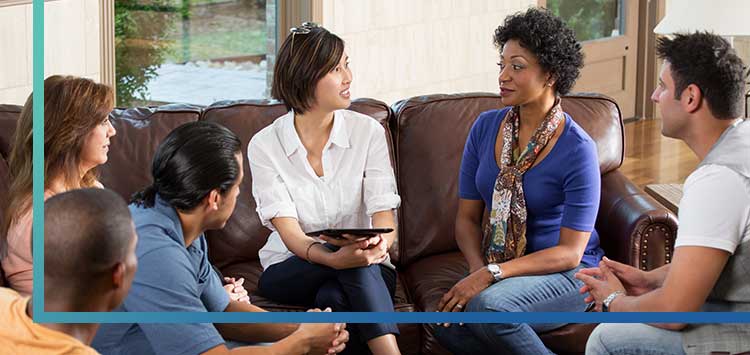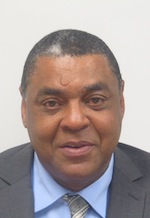In Focus: Willy Belotte
How did you decide upon a career in Rehabilitation Counseling?
My decision was the result of having been a VESID (ACCES) consumer myself. I wanted to learn about the process and philosophy behind helping persons with disabilities. My experiences in government at the federal, state and local levels led me to the decision that this was a good avenue for me. Sandy Silver invited me to become a case aide and I began my career path.
What made you choose Hofstra University's Rehabilitation Counseling Program?
Specifically it was the result of Sandy Silver's invitation. At the time, the fit of the program and my life, working and attending school both on a part-time basis, seemed appropriate to me.
What is your advice for students considering Rehabilitation Counseling?
Be open and curious and truly learn trends in the field; don't just study the texts. The level of professionalism and the supports that exist at Hofstra truly benefit all students. Visit campuses and speak to as many staff and faculty members as possible. All programs do not have the same caliber of personnel. You'll want to look for those that create an environment that is conducive to learning.
What would you consider to be the highlight of your time at Hofstra University?
The highlight of my time in the program was my internship at the Commission for the Blind and Visually Handicapped. During this experience, my eyes were opened to different sorts of disabilities and how people with different disabilities may be assisted in different ways.
Tell us more about your practicum and internship experiences.
My internship at CBVH was an eye opener to the field, likewise was my practicum experience at a psychiatric hospital. It was the beginning of understanding how, despite the barriers and individual with a disability can face, I, as Rehabilitation Counselor, could really make a difference and help minimize those barriers.
What would you consider to be the greatest asset of the M.S.Ed. program?
The greatest asset of the program is the faculty and staff of the program and their enthusiasm. This is true of all staff from the dean on down. As well as being enthusiastic, they are also readily available for the students.
Tell us about the Rehabilitation Counseling Student Association.
Due to the fact I was working and the distance I traveled to the school I was not very involved with RC Student Association, though I did participate in VOICE Day event. VOICE Day was an opportunity for the whole community--youth through seniors, with and without disabilities--to get together and get active. The exposition included demonstrations by sports teams, opportunities to try sports and recreational activities, information about local programs, nutrition and fitness consultation, and more.
How is your Hofstra degree benefitting you post-graduation?
It enlightened me about the world of rehabilitation. It provided me with the tools I needed to be a Vocational Rehabilitation Counselor.
What job opportunities has your participation in the Program afforded to you?
It has allowed me to work as a Rehabilitation Counselor for the state where I began as an intern.
How did you finance your degree?
I was able to finance my degree through grants provided by the program, in addition to student loans.

